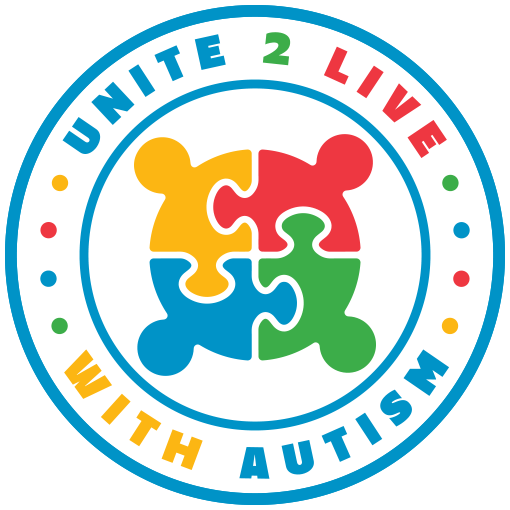
Introduction
Autism, a neurodevelopmental disorder that affects individuals in various ways, is often described as a spectrum disorder. This concept recognizes that no two people with autism are exactly alike, and their experiences can be vastly different. To better understand and support individuals living with autism, it's crucial to explore the different functions of autism across this spectrum. In this blog, we will delve into the diverse aspects of autism, highlighting the need for unity in raising awareness and promoting acceptance within the autism community.
Communication and Social Functioning
One of the most well-known aspects of autism is its impact on communication and social functioning. Individuals with autism may struggle with social interactions, making it difficult to establish relationships and interpret social cues. Some individuals may be nonverbal or have limited speech, while others may exhibit idiosyncratic language patterns. Understanding these variations helps promote effective communication strategies and empathy for those on the autism spectrum.
Sensory Processing
Sensory sensitivities are a common feature of autism. Individuals with autism may experience sensory overload or under-sensitivity, affecting their perception of the world around them. Some might find bright lights, loud noises, or certain textures unbearable, while others may seek sensory input. Recognizing these sensory differences allows for the creation of sensory-friendly environments and accommodations.
Repetitive Behaviors and Interests
Many individuals with autism engage in repetitive behaviors or have intense, focused interests. These interests can be highly specialized and may lead to the development of remarkable talents. Recognizing and nurturing these unique passions can lead to personal growth and opportunities for skill development.
Cognitive Abilities
The cognitive profile of individuals with autism varies widely. Some may have intellectual disabilities, while others possess exceptional cognitive abilities. Understanding these cognitive differences is essential for tailoring educational and support programs to meet individual needs.
Emotional Regulation
Emotional regulation can be challenging for many individuals on the autism spectrum. They may struggle to express or understand their emotions, leading to difficulties in coping with stress and anxiety. Developing emotional regulation strategies and providing emotional support is crucial for enhancing their well-being.
Executive Functioning
Executive functioning, which includes skills like planning, organization, and decision-making, can be impaired in individuals with autism. Recognizing these challenges allows for the development of effective strategies to support individuals in daily life and academic or work settings.
Special Abilities
It's important to remember that autism is not solely a collection of deficits; it also comes with unique strengths and abilities. Many individuals with autism have exceptional skills in areas such as mathematics, music, art, and computer programming. Acknowledging and celebrating these talents can lead to a more inclusive society that values neurodiversity.
Conclusion
Autism is not a one-size-fits-all condition; it's a complex, multi-faceted spectrum disorder. By acknowledging the different functions of autism, we can work towards a more inclusive and understanding society. Uniting to live with autism means embracing the uniqueness of each individual and providing the support, acceptance, and accommodations necessary for their success and happiness. Through education and awareness, we can build a world where individuals with autism can thrive and contribute their valuable perspectives and talents to our communities.



